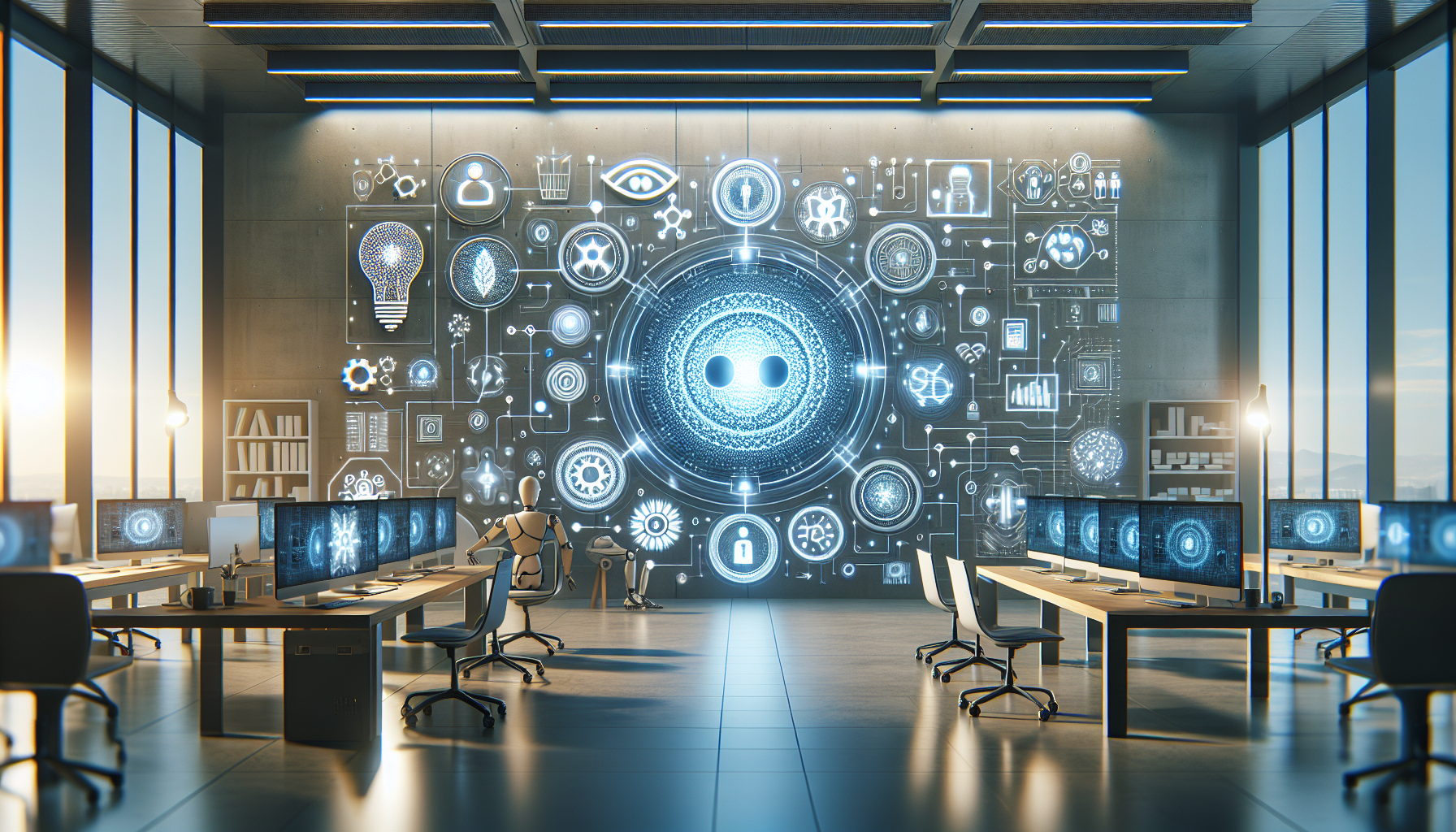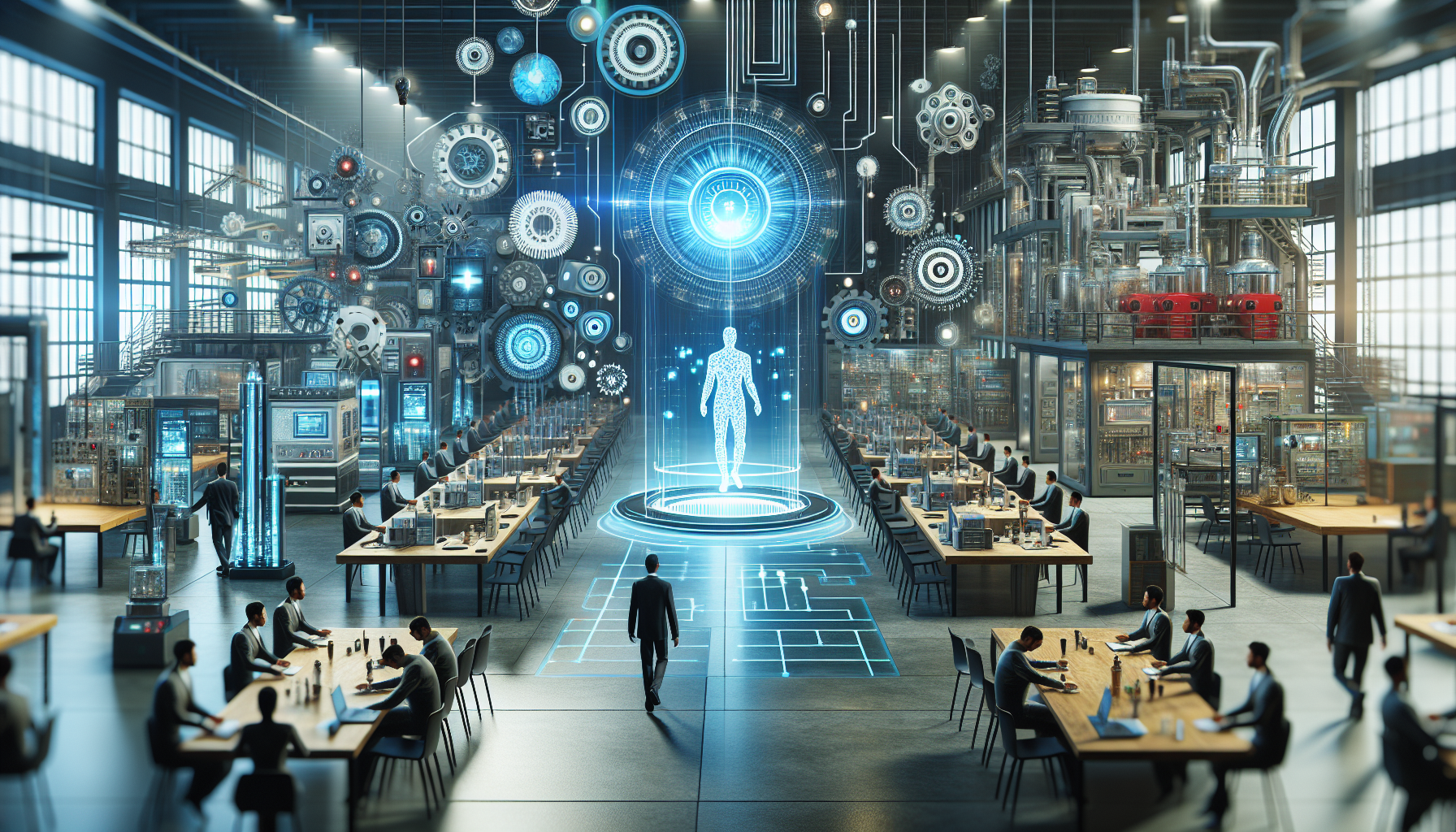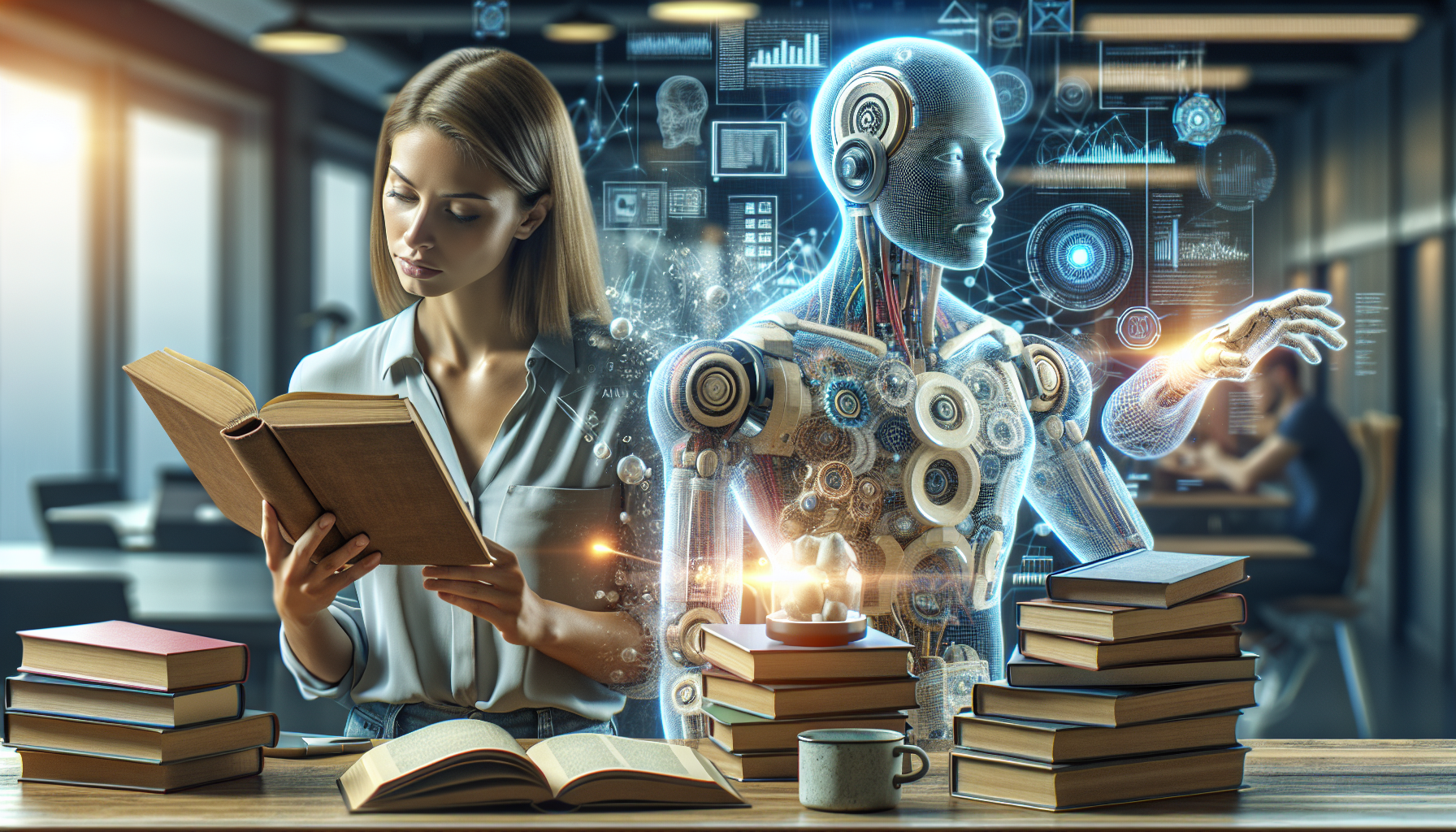
AI in Food Technology: From Farm to Table Innovations-A How-To Guide for a Better Future
July 24, 2025
Imagine a world where every bite you take is not only delicious but also a step toward sustainability and innovation. This isn't a distant dream—artificial intelligence is transforming food technology from farm to table, offering solutions that are revolutionizing how we grow, process, and consume food. Here's how you can harness these innovations to make a tangible difference.
The journey of food begins at the farm, where AI is playing a crucial role in optimizing agricultural practices. Farmers are now equipped with smart sensors and drones that provide real-time data on soil health, moisture levels, and crop growth. This technology allows for precision agriculture, where resources like water and fertilizers are applied with pinpoint accuracy. By utilizing AI-driven tools, farmers can maximize yield while minimizing environmental impact—a perfect blend of tradition and technology.
Consider the story of a small organic farm that adopted AI to monitor its crops. With predictive analytics, the farm could anticipate weather changes and adjust planting schedules accordingly. As a result, not only was crop yield increased, but the use of water and pesticides was significantly reduced. This transformation is not just beneficial for the farmer but also for consumers who get to enjoy healthier produce.
Once the crops are harvested, AI continues its journey into the food processing industry. Imagine a factory floor where machines powered by machine learning algorithms sort, package, and even taste-test products. These systems don't replace human workers but enhance their capabilities, ensuring quality control and reducing waste. For instance, AI can detect imperfections in produce that are invisible to the human eye, ensuring that only the best products reach the shelves.
Food safety is another area where AI is making great strides. By analyzing data from numerous sources, AI systems can predict and prevent contamination outbreaks, tracing the source of an issue faster than any human could. This capability not only protects public health but also saves companies from costly recalls and reputational damage.
Now, let's turn our attention to the consumer end of the spectrum. AI is reshaping how we interact with our food. Personalized nutrition is becoming a reality, with AI-powered apps that analyze dietary needs and preferences to create tailored meal plans. These apps consider everything from calorie intake to micronutrient requirements, helping individuals achieve their health goals more efficiently.
In restaurants, AI is helping chefs create innovative dishes that cater to diverse palates. By analyzing data on flavor combinations and customer preferences, AI can suggest new recipes or tweaks to existing ones. This leads to a more dynamic dining experience where creativity is boundless and every meal is an adventure.
For those concerned about sustainability, AI offers solutions that are as inspiring as they are effective. Imagine a world with zero food waste, where every surplus is redirected to those in need. AI can optimize supply chains to ensure that food is distributed efficiently, reducing waste at every stage. Grocery stores are using AI to predict demand more accurately, ensuring that shelves are stocked with the right amount of product and that nothing goes unsold.
As we embrace these innovations, we must also consider the ethical implications. AI in food technology holds the power to democratize access to nutritious food, but it can also widen the gap if not implemented thoughtfully. It's crucial to ensure that these technologies are accessible to all, including small-scale farmers and communities that may not have the resources to invest in cutting-edge tools.
So, how can you be a part of this AI-driven food revolution? Start by exploring apps and tools that can help you make informed food choices. Support local farms and businesses that are harnessing AI for sustainable practices. Advocate for policies that encourage innovation while protecting the interests of all stakeholders in the food chain.
As we look toward the future, let's ask ourselves: How can we use AI to not only feed the world but nourish it? How can we ensure that the technology we develop today creates a better tomorrow for everyone? The answers to these questions will shape the future of food, and in turn, the future of our planet.


